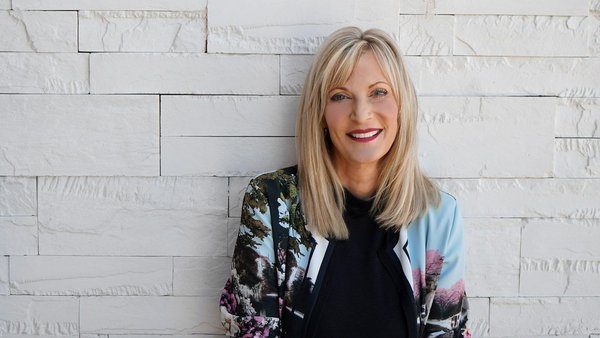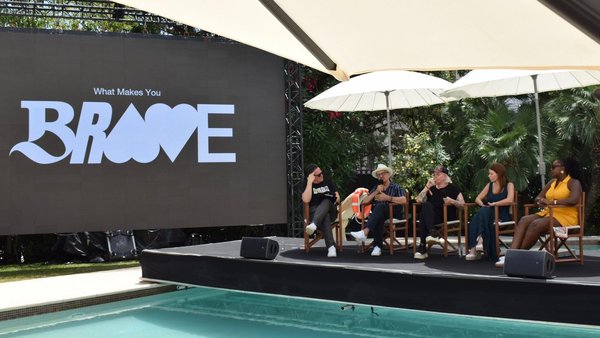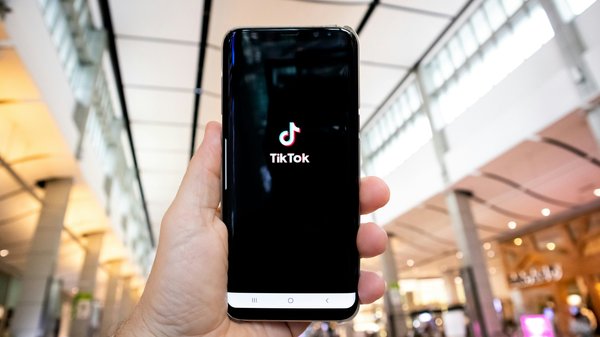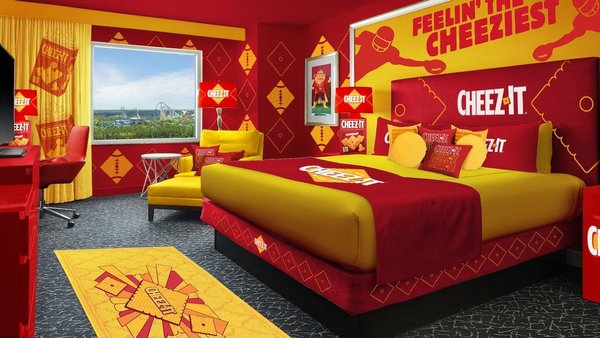Promoted content
The Right to Race /
Swiss sportswear brand On created a film to tell the story of a remarkable stateless athlete.
Swiss sportswear brand On achieved something nigh-on impossible at Cannes this year – it got an audience to ignore the parties and networking opportunities long enough to sit through a 31-minute film, and then stick around for a Q&A session afterwards..
The premiere of the short film presented by On, The Right to Race, took place On World Refugee Day on 20 June at Contagious’ Villa in Cannes.
The film tells the story of Dominic Lokinyomo Lobalu’s journey from South Sudan to running glory. After the showing of the film, which left some members of the audience visibly moved, Lobalu took to the stage with his coach, Markus Hagmann, and the film’s director, Richard Bullock, to discuss storytelling and the power of authenticity.
On has seen extraordinary growth in the past few years, partly by embracing unconventional marketing, including feature-length films like ‘The Right to Race’.
Lobalu was born in 1998 in a small village in South Sudan. At nine years old, he was forced to flee to Kenya to look for a better life for his family. The film starts by recounting Lobalu’s meeting with his coach Hagmann a few years ago. While representing the Kenyan Athlete Refugee Team in Geneva in 2019, he made the dramatic choice to leave the team hotel and apply for asylum in Switzerland. An immigration officer called Hagmann and told him that he wanted to set him up with a man who really wanted to run.
Lobalu, at the time, spoke little English and no German, but no matter. ’Running is an international language,’ says Hagmann.
Hagmann was Immediately captivated by the elegance of Lobalu’s running: ‘Dominic is like a puzzle. His piece and my piece immediately matched at the beginning.’
With training, Lobalu began to win local competitions. He and Hagmann encountered difficulties in building his career. They trained for months through the cold and snow, Lobalu had no money and, as a stateless person, had trouble with travelling to foreign competitions. His first major competition was the Murtee-Fribourg Run. To get Lobalu cleared to run, Hagmann had to call the organiser personally to make his case. The effort paid off: Lobalu won. Winning at Stockholm in June 2022 brightened his star even more.
From there, he continued to rack up successes. His big goal was to run a sub-13 minute race at the Brussels 5K: he ran 12.52. He also came second at one of the biggest competitions in the world, in Zurich, even after misunderstanding how long the race was.
His dream, however, was to compete in the Olympics. World Athletics were struggling to convince countries to offer visa status to athletes, for fear they might abscond and attempt to apply for citizenship.
In Copenhagen in September, the two realised less than an hour before the race that Lobalu only had one shoe. Despite the ensuing panic, not only did he beat his own personal goal, he broke the European record. In three years, Labalu reduced his 10K time by two minutes and his 5K time by one minute.
After a particularly impressive win at the Corrida Bulloise, Lobalu received a letter from World Athletics, informing him that they were considering his case. At the time the film was shown, Lobalu’s application status remained unknown. If his submission is successful, he could run for Switzerland at the 2023 World Championships and the 2024 Olympics.
After the film was screened, Contagious’ editor-at-large, Katrina Stirton-Dodd, asked Bullock about his goals for the film, in terms of balancing the brand’s needs against those of the story. He and the film’s executive producer, Feliciano Robayna, had a clear idea that the brand was about human qualities. ‘There’s no balance, they have signed up to the idea of telling real honest stories.’
Stirton-Dodd then asked Hagmann how he and Lobalu coped with all the uncertainty and stayed focused on running. ’Running is our business.’ He said, ‘We try to prove that he’s one of the best and he should be there, so his story has to be told.’
Lobalu was then asked how it felt to see his story on screen. He thanked everyone for their support and spoke about his hope that someone might be able to change their life through seeing his story.
Stirton-Dodd then pointed out that the only time the brand’s product featured in the film was when Lobalu turned up to race with one shoe, not two. She asked Bullock why the film was so focused on the athlete and not on the product. He said that to engage audiences it is important to tell a unique story, and that product ads needed a different medium. ’There needs to be the right thing for the right message.’
He ended by praising the power of a strong partnership: ‘We’re on a shared journey. There’s complete trust between us.’
Want more of the same? /
We don’t just write about best-in-class campaigns, interviews and trends. Our Members also receive access to briefings, online training, webinars, live events and much more.




